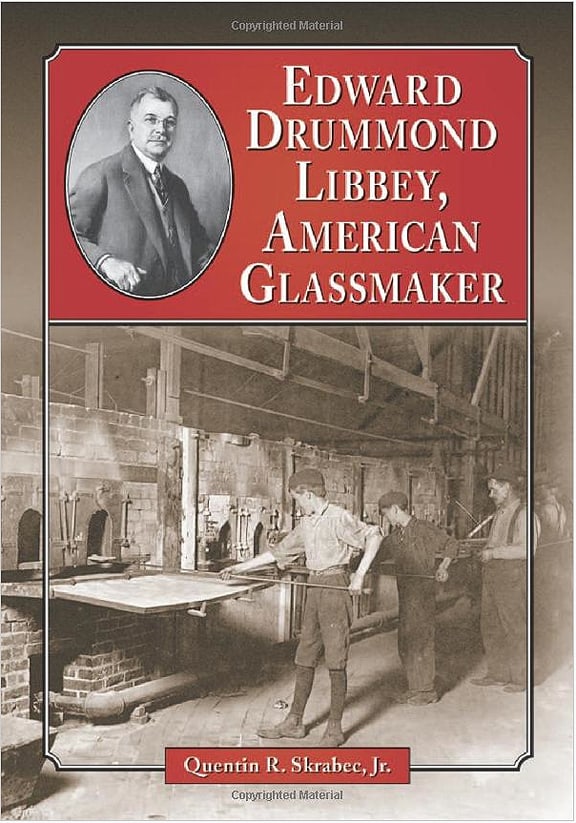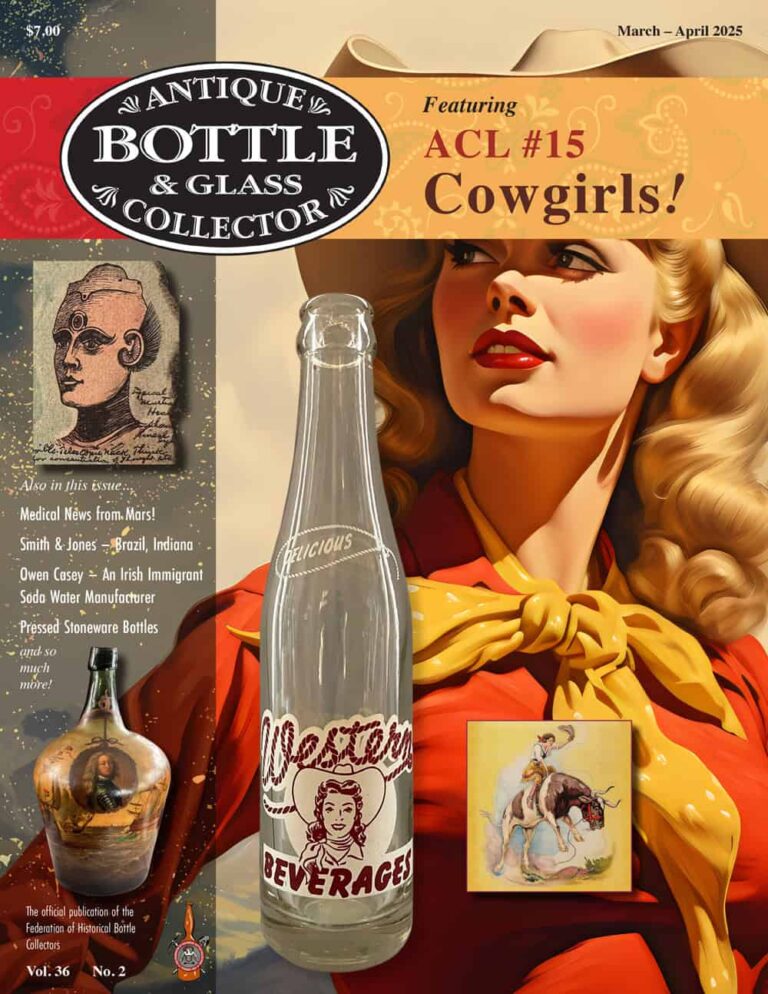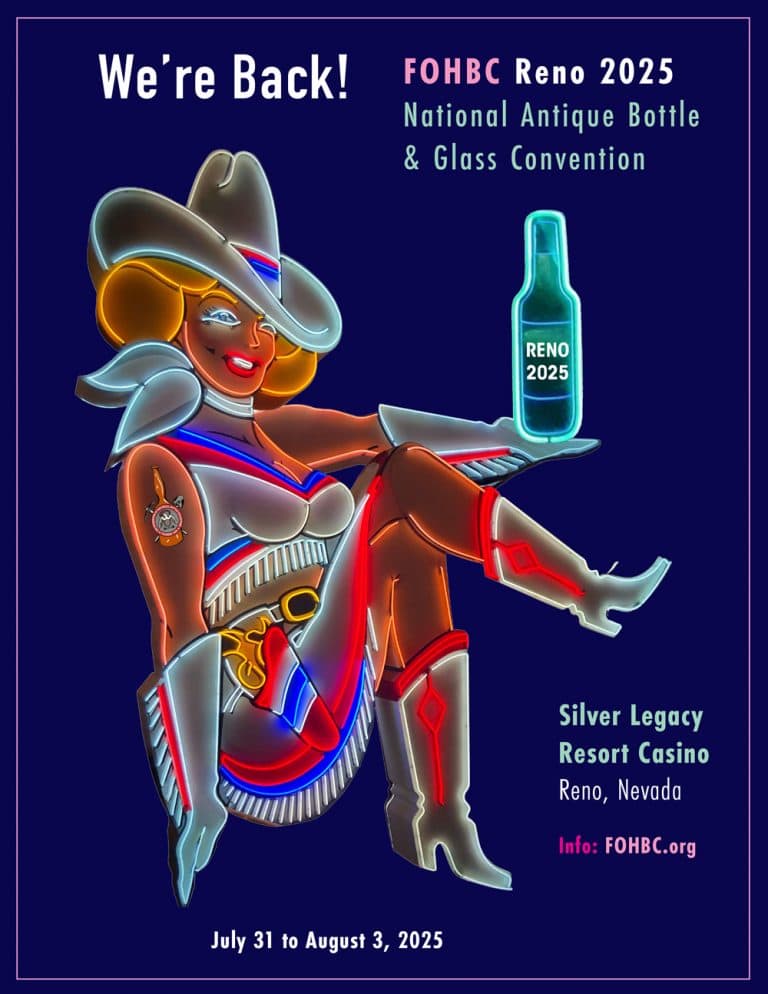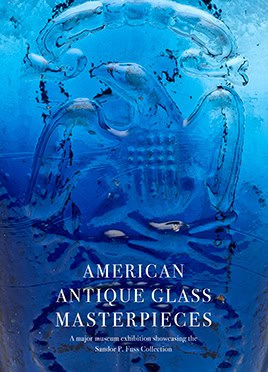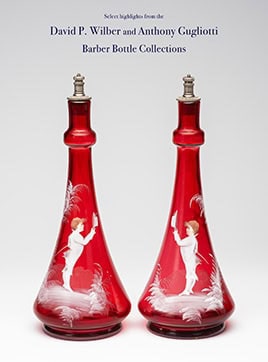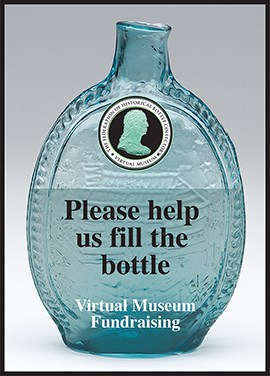Here’s a book (Edward Drummond Libbey, American Glassmaker by Quentin R. Skrabec, Jr.) that is interesting for a number of reasons; including a great early history of the New England Glass Company, as well as wonderful descriptions of the challenges facing glasshouses in the mid-19th century. Also of interest was the beginnings of the Toledo Museum of Art, and how Libbey brought the concept of “art” into innovation and industry, not just for the utilitarian benefits, but for the wider appreciation of craftsmen as designers and artists, rather than factory workers.
“death reportedly was the penalty for letting a formula pass into the hands of a rival glasshouse.”
In one part of the book the author mentions the European laws that prevented glassmakers from emigrating to other countries, especially America. This was to protect the processes and glass formulas from being introduced to American glasshouses, eroding the American marketplace for European glass. Glassmakers were smuggled into America along with their formulas. In the very, very early days of glassmaking in Europe, death reportedly was the penalty for letting a formula pass into the hands of a rival glasshouse.
Thanks to Ken Previtali for submitting this information.
